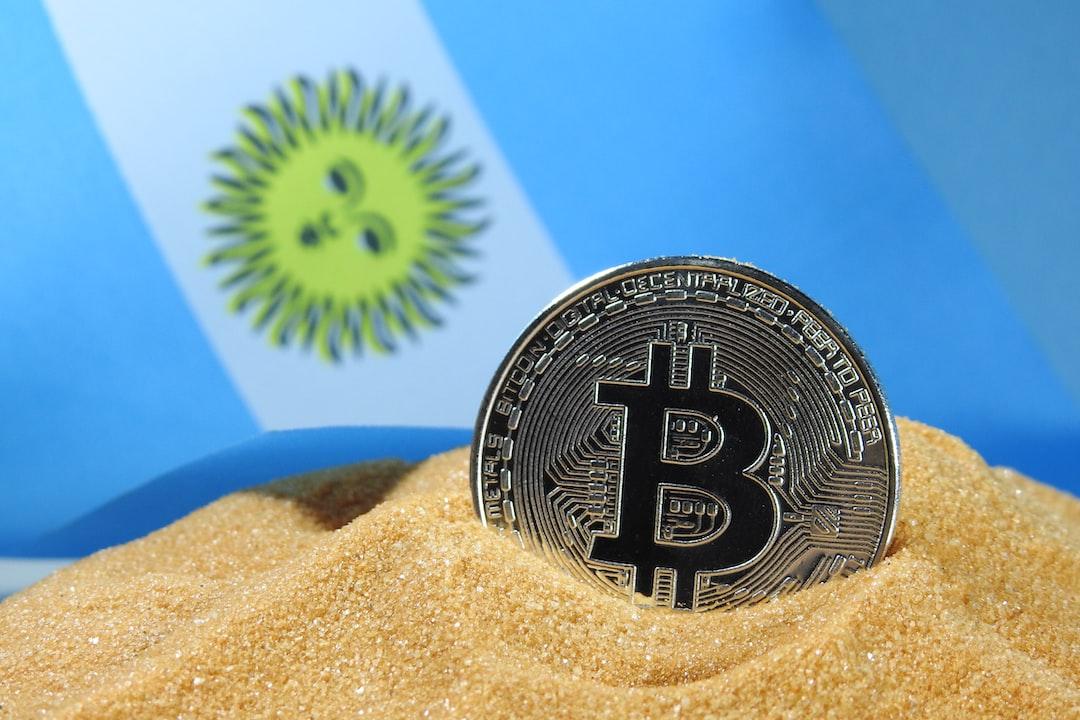First in Taiwan! Cathay Securities Launches STO Business, What is it?
Cathay Securities recently announced that it has obtained approval from the Financial Supervisory Commission to launch an STO (Security Token Offering) business, becoming the first securities firm in Taiwan to be approved for such operations. This news has excited many users in the Taiwanese cryptocurrency community and has opened another door for the development of cryptocurrencies in Taiwan.
STO, or Security Token Offering, is a type of financing method related to blockchain technology. It involves issuing securities through blockchain technology, converting traditional securities assets such as stocks, bonds, and real estate into digital tokens, and conducting issuance, trading, and settlement through blockchain technology.
For companies, financing is an important part of their development. With the rise of blockchain technology, companies have gained many new fundraising methods, such as Initial Coin Offering (ICO) or Initial Token Offering (ITO), which caused a frenzy in 2017. However, due to a lack of regulation, many ICOs were classified as fraudulent, with approximately 78% of ICO cases in 2017 falling into this category. Additionally, many ICO cases successfully raised funds but did not proceed according to their original plans. As a result, many countries began explicitly banning ICOs, and global ICO projects experienced a significant decline in 2018. Compared to ICOs, STOs are more legally compliant and offer better investor protection, making them highly favored by startups and investors.
Advantages and Challenges of STOs
Advantage 1: Lower Fundraising Costs
Compared to traditional financing methods, STOs have lower fundraising costs. Through smart contracts on the blockchain, fundraising procedures, costs, intermediary banks, and paperwork are eliminated, making the entire fundraising process faster and cheaper, effectively reducing a company’s financing costs.
Advantage 2: Higher Security
Compared to ICOs, STOs must comply with securities laws. Additionally, STOs use blockchain technology for transactions, ensuring transparency and accountability. Furthermore, STOs are backed by real-world assets, making it easier for investors to evaluate their prices. This provides higher security for both investors and companies.
Challenge 1: Higher Investment Threshold
STOs are still related to blockchain technology, so it is preferable for investors and companies to have a certain level of blockchain knowledge to reduce investment risks.
Challenge 2: Regulatory Compliance
Currently, different countries have different regulatory frameworks for STOs. Since STOs are not yet a widely adopted fundraising method, establishing regulatory procedures, asset ownership tracking, or traditional Know Your Customer (KYC) risk assessment procedures must comply with securities laws. Regulatory authorities still have many issues to address and discuss.
Different countries may have different regulatory standards, so if a company conducts STO fundraising in Taiwan and plans to do the same in another country, it may not be possible to directly transfer the same process and will require the formulation of new regulations based on local laws.
Taiwan Becomes the First Country to Pass STO Legislation! Only Two Types of Tokens Can Be Issued
Taiwan is the first country in the world to pass legislation specifically for STOs. The Financial Supervisory Commission began discussing STO regulations in 2018 and officially released the STO management measures on January 20, 2020. Since then, companies can raise funds from investors by issuing virtual assets.
Currently, STO investors in Taiwan are limited to “professional investors” and are subject to several restrictions:
Subscription and trading of virtual currencies are subject to real-name registration. Investors who intend to participate in subscriptions must first register with the trading platform.
Sign an account opening contract and risk disclosure statement with the securities firm, designating their own bank account as the transaction account.
Professional investors must be natural persons, and the subscription limit must not exceed NT$300,000.
Currently, Taiwan only allows the issuance of “profit-sharing” and “bond-like” tokens that do not have shareholder rights. Investors can hold them long-term to earn interest or sell them to profit from price differences, but there is still a risk of zero value.
STOs have already seen many successful cases worldwide, and STO trading platforms must be accompanied by comprehensive information security management mechanisms. However, investment always carries risks, so users must be cautious and careful before making investments.
References:
cointelegraph, techopedia
Editor: Gao Jingyuan

